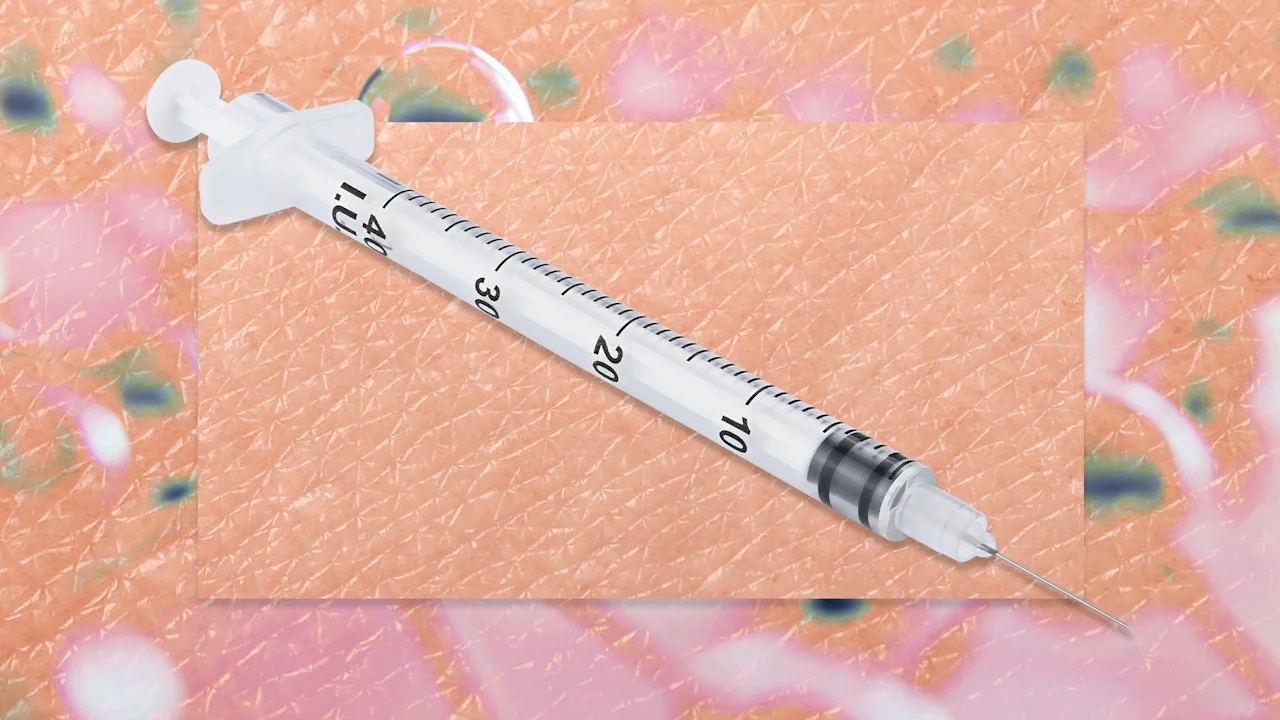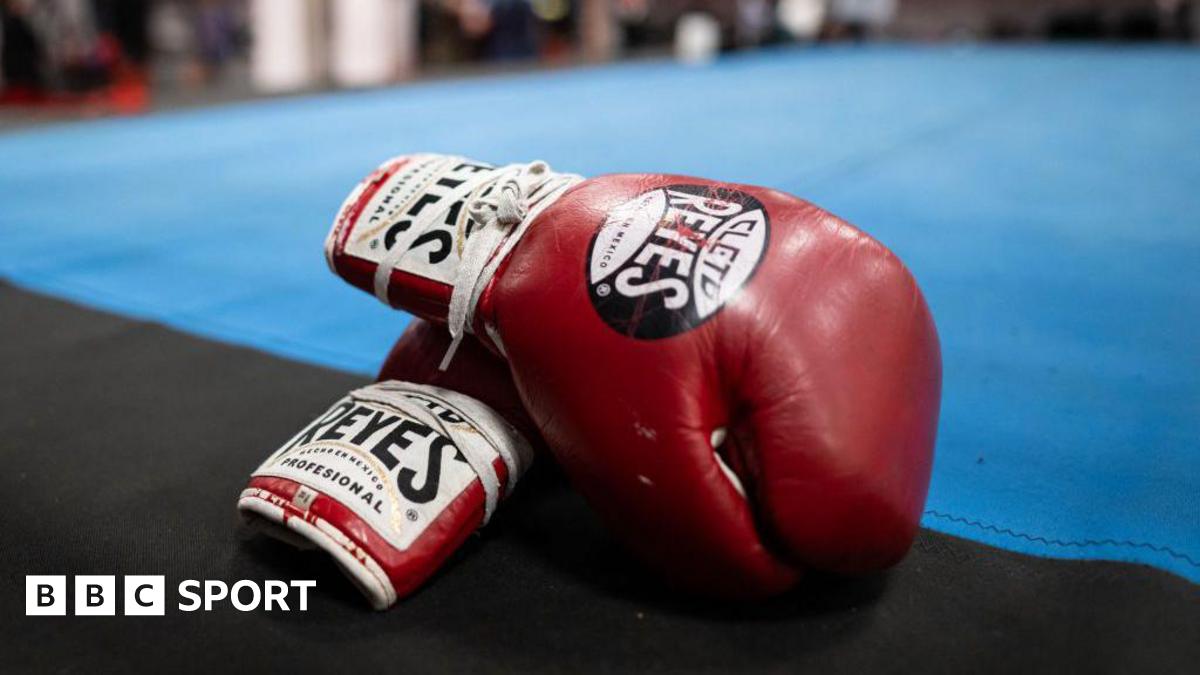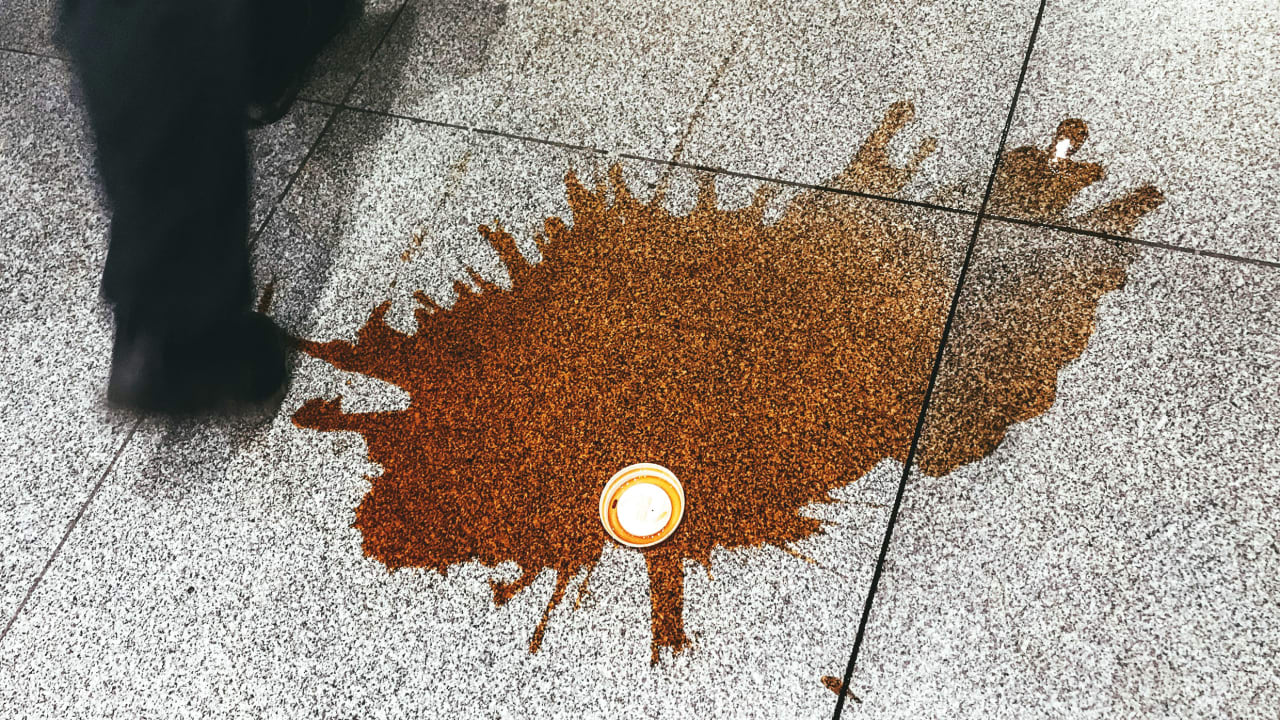Cash-strapped young women are turning to DIY Botox. That’s as scary as it sounds

If there wasn’t enough to be worried about, DIY Botox is now trending.
Across social media, people have been uploading close-ups of their forehead mapped out with tiny dots and step-by-step advice for injecting Botox-like products purchased online (yes, it is as dangerous as it sounds).
“Probably needed a hug,” one TikToker wrote. “Learned how to do my own tox instead.” On the Reddit forum r/DIYCosmeticProcedures, members also share tips for injecting themselves at home with everything from fat-dissolving injections to dermal filler and Botox.
One of the most popular Botox alternatives that has emerged online, with references often accompanied by discount codes, is Innotox, a Korean over-the-counter injectable.
Like Botox, Innotox is a neurotoxin that contains botulinum toxin A. Unlike Botox, which comes as a powder, it arrives as a ready-to-use liquid, making it convenient for self-administration. Also unlike Botox, which is FDA approved, Innotox is not authorized in the U.K. or U.S.
Botulinum toxin A—which blocks nerve signals when injected to stop muscles in the face from moving, thereby reducing the appearance of wrinkles—is highly toxic and can have catastrophic effects when not administered safely and properly. That’s assuming you can even be sure of whether what you’ve purchased online is the authentic product.
Just as blondes going back to their natural hair color has become a well-known recession indicator, people are now injecting their own faces to save a few hundred dollars. But while one leaves you with a darker shade of hair, the other could leave you permanently disfigured.
Doctors and licensed injectors are shouting from the rooftops about the risks, and sometimes fatal side effects, of incorrect administration of the neurotoxin. And no, it’s not because they’re worried about losing business.
Medytox, which produces Innotox, recently opened an investigation into the unauthorized importation of Innotox to the U.S., U.K., and other countries.
“Botulinum toxins should be administered only by qualified healthcare professionals in a medically appropriate setting,” Tom Albright, chief executive of Luvantas, a subsidiary of Medytox, told The Guardian. “Administration requires a deep understanding of facial anatomy and aesthetic principles, which cannot be replicated in consumer-administered or unregulated environments.”
If even licensed injectors aren’t doing their own botox at home, there’s probably a reason why.
What's Your Reaction?
 Like
0
Like
0
 Dislike
0
Dislike
0
 Love
0
Love
0
 Funny
0
Funny
0
 Angry
0
Angry
0
 Sad
0
Sad
0
 Wow
0
Wow
0






























































































